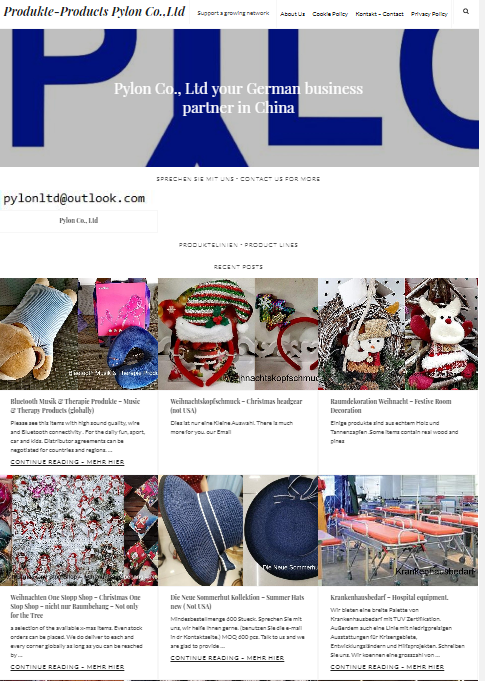Tea Industry Tea Technology tea culture
- Details
- Category: Ningbo Business
- Published: Monday, 19 June 2023 14:33
Our city coordinates the integration of "three teas"
Ningbo, adhering to the high-quality development orientation and based on the advantages, has made overall plans to integrate tea industry, tea technology and tea culture to promote the steady and healthy development of the tea industry. Tea leaves play an active role in promoting rural industry revitalization and common prosperity.
Ningbo is a famous tea producing area in China. After years of development, its tea industry has shown three characteristics: regionalization of industrial layout, specialization of production and operation, and branding of high-quality green tea. The production areas of over 10000 mu in the city are mainly concentrated in Yuyao, Ninghai, Fenghua, Xiangshan, Yinzhou, and Haishu. There are 94000 mu of clonal tea gardens suitable for high value-added tea production, accounting for 44% of the total tea garden area, and it has become the main
battlefield for the high-quality development of the tea industry in Ningbo. There are over 580 specialized tea plantation operators in the city, radiating and driving 38000 tea farmers.
Ningbo keeps improving the competitiveness of the tea industry with quality. Ningbo has successively formulated and issued six municipal level local standards, including the "Technical Regulations for the Production of Famous Green Tea" and the "Technical Regulations for the Production of Ningbo White Tea", forming a tea standardization system with local standards as the leading factor and enterprise standards as supplements. In response to changes in market consumption, while consolidating and enhancing the advantages of famous and high-quality green tea, many tea plantations have expanded their production of black tea, vigorously developing colored tea categories such as white tea, black tea, and matcha, and creating a tea industry development pattern led by famous and high-quality green tea and coordinated development of multiple tea categories. In 2022, the output value of famous and high-quality green tea, black tea, and matcha in the city accounted for 87.5% of the total tea output value. Various regions are also cultivating and developing integrated new formats such as tea tourism, tea health preservation, and tea education. A number of successful cases of industrial integration have emerged, including Yuyao Shen’s Tea House, Haishu Sunny Tea House, Yinzhou Keqing Family Farm, and Ninghai Yu's Five Peaks.
Ningbo has increased its technological empowerment and continued to enhance the hard power of the tea industry. By strengthening cooperation with Zhejiang University and the Tea Research Institute of the Chinese Academy of Agricultural Sciences, it establishes a municipal level tea new variety breeding team, carries out high-quality and specific new variety breeding, and independently selects 22 new tea tree varieties. Eight of them have been selected for national registration and promotion. By strengthening the protection and utilization of tea germplasm resources, it establishes two municipal tea germplasm resource banks. It also strengthens the research and development of new tea equipment. According to the development needs of the tea industry, Ningbo has independently developed a batch of leading tea continuous processing equipment in China, including electromagnetic drum sterilization machines, open continuous moisture regain machines, and fuel continuous drying machines. It also has accelerated the mechanization of tea garden management and the continuous and intelligent processing of tea, and has built a total of 19 famous and high-quality tea production lines.
The brand influence of Ningbo tea industry is constantly improving. Wanghai Tea was selected as one of the top ten famous teas in Zhejiang in the first edition, while Yuyao Waterfall Tea and Fenghua Quhao were awarded the National Agricultural Products Geographical Indication Registration Certificate, with a brand value of over 1 billion yuan








